A guest post by Alexandra Davis
Confession: Even though I was born in New Jersey, I identify more as a Southerner than a Northerner. This might be because I’ve lived in the South for more than half my life. But it may also be because of the many Southern traditions I’ve come to know and love. There is something so sweet about the Southern lifestyle, from sweet tea, pecan pie, and big front porches to genteel manners, accents, and stories.
One of the Southern traditions I latched onto immediately upon crossing the Mason Dixon line was the tradition of monogramming everything that isn’t nailed down.
Seriously, y’all, in the South we monogram everything. Plates, napkins, hand towels, bags, sweaters, baby bibs, boots, socks, sandals. We hang custom-made wooden monograms over our mantels and beds and on our front doors. We adorn our homes with our initials so aggressively that it leaves no question who lives there. And if you stand still too long, someone may try to monogram your face.
But I love all of it.
Monograms are sets of letters – usually initials of one person or the combined initials of two or more people – that are joined together in a decorative design. The word “monogram” stems from the Late Greek word monogrammon, which refers roughly to “a character formed of several letters in one design.” The monogram is believed to have originated in Roman and Greek times and was primarily used as an identifier on personal belongings. Today, these lovely letter combos are stitched, mod-podged, nailed, glued, or otherwise affixed to a variety of personal items to add an elegant, personalized touch.
Although we generally no longer use monograms to identify or distinguish our items in any practical sense, they add so much subtle (or in some cases not so subtle!) panache to everyday items. A monogram can take a plain canvas bag from drab to glam, add a unique touch to a knit scarf or jacket, or class up a plain wall.
But I think what I love most about monograms goes just a level deeper.
Monograms have no link to wealth or status.
The original Greek and Roman use of monograms to identify a person’s effects was a practical use only, which had no link at all to a person’s social status. In a society that so often assigns value to people based on external symbols like class and social status, this is refreshing to say the least. The monogram is, and has always been, the everyman’s symbol, with no connection to arbitrary status.
Monograms are customizable.
No one can tell you a right or a wrong way to craft a monogram. Some married couples, for instance, opt to join their names together in one single scripted symbol. Others like to preserve their names – the husband’s family name and the wife’s maiden name – and display them separately. There are numerous options and styles, and families can select the one that they feel defines them best.
Monograms signify family ties.
But I think what I love most about monograms is their direct connection to family. Simply, they offer a special way to honor and display family heritage.
Family is something that I’ve always treasured. I come from a tight-knit extended family, the descendants of Irish, Italian, and German immigrants. I married into a family of seven – my husband has four siblings – and it is rapidly growing as nieces and nephews continue to fill my in-laws’ home at Thanksgiving and Christmas. The two families are so different, and yet not at all, and I could sit for hours with each talking and laughing and listening to stories.
When I look at my monogram, I think of my two families: my loyal and loving family of origin, but also my new family – my married family. And this is the most beautiful part to me: adorning my home with symbols that remind me of the most incredible people I know, the lives that have shaped my own, and the stories that have become a part of me.
So whether you were born and bred in the South or you are a Northern-born southern-gal-at-heart like me, you, too, can have some fun and find some meaning in this great emblem of Southern living.
About the Author
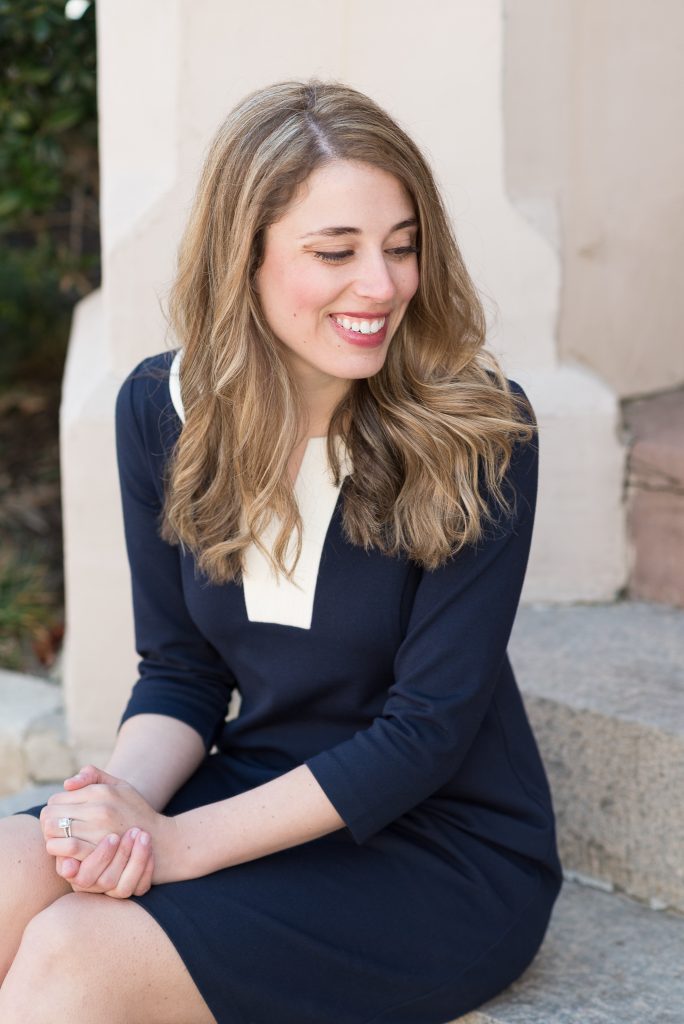
Alexandra Davis is a lawyer, writer, and business owner with a passion for encouraging women to embrace the Truth about who they are. She lives in Raleigh, North Carolina with her husband, where she can be found perusing vintage furniture stores, drinking copious amounts of strong coffee, and hanging out on her front porch with friends and family. She blogs at How She Does It: A Grace Filled Guide to an Inspired, Intentional Life. Follow her on Instagram: @alexandra_edavis.
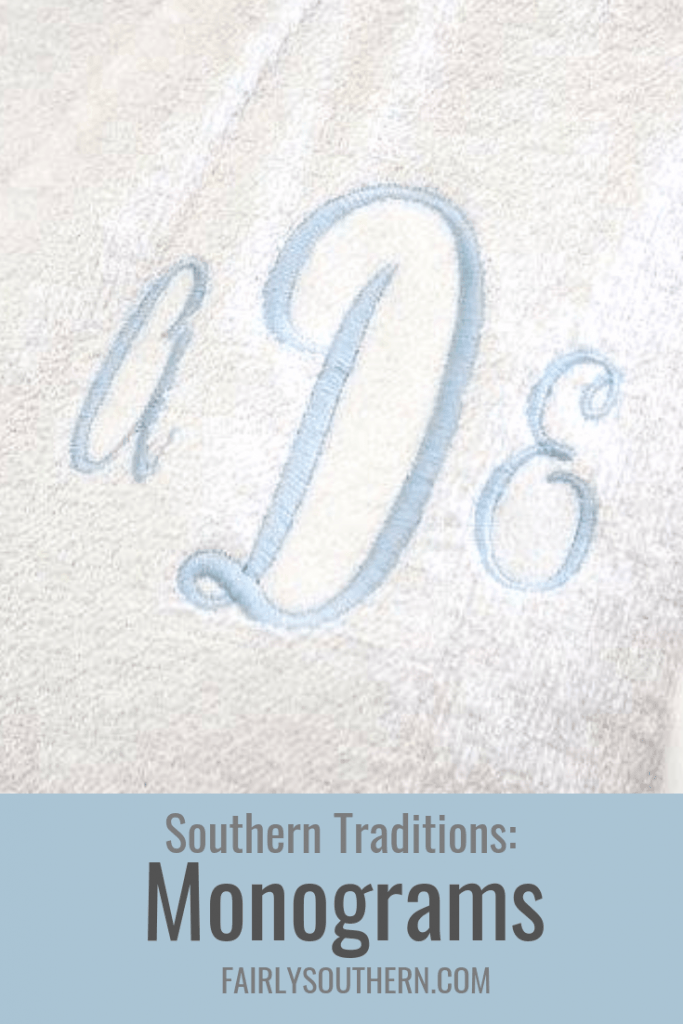
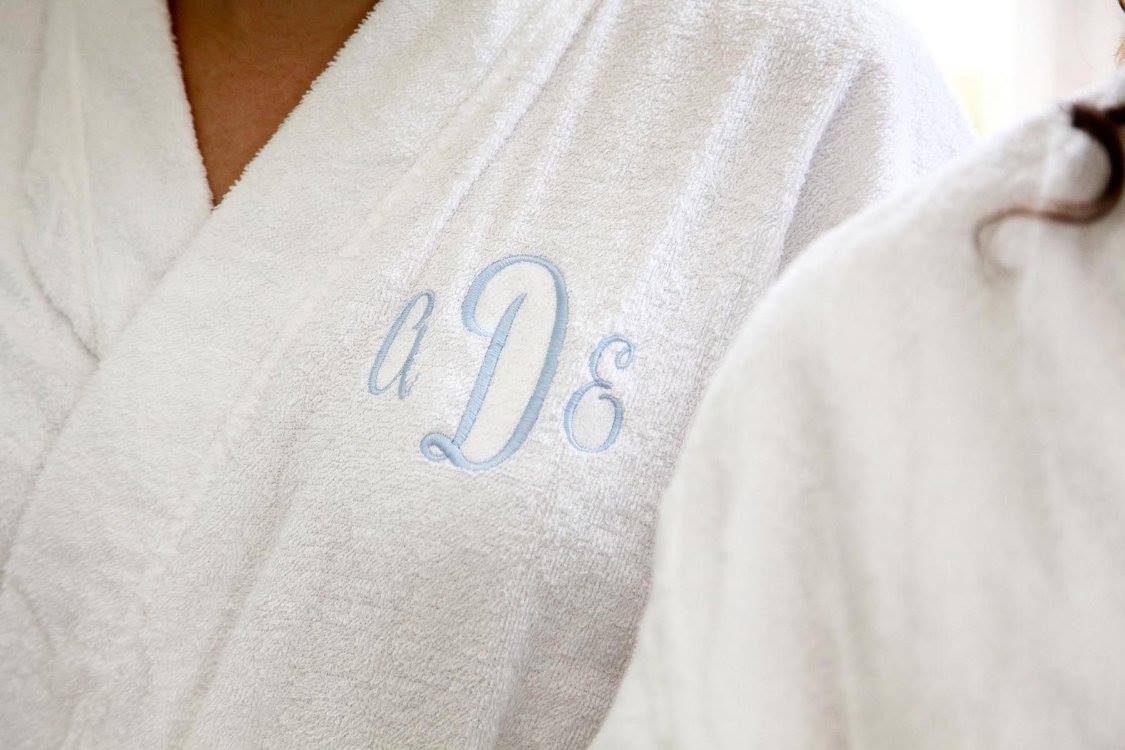
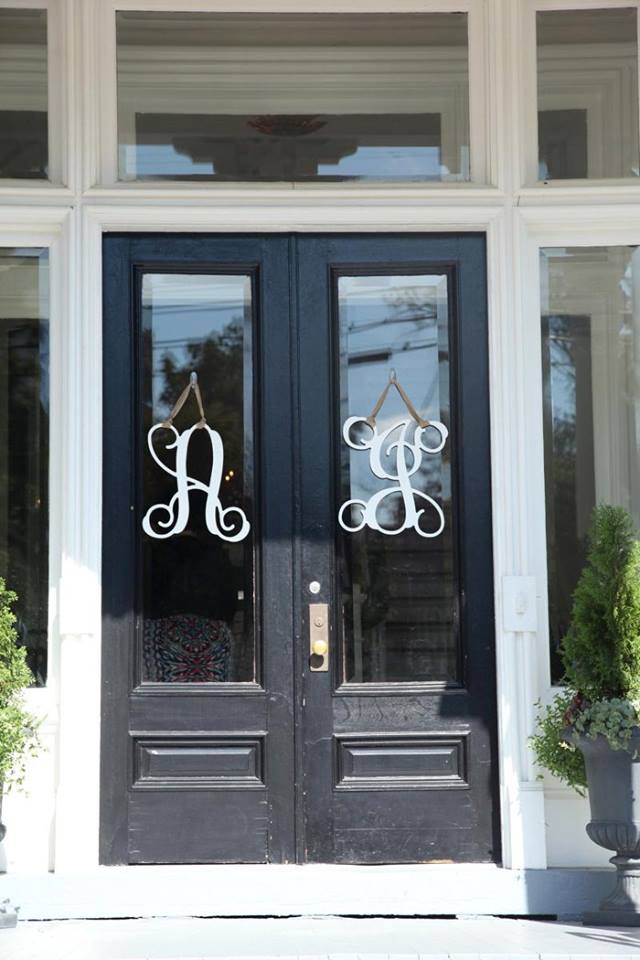
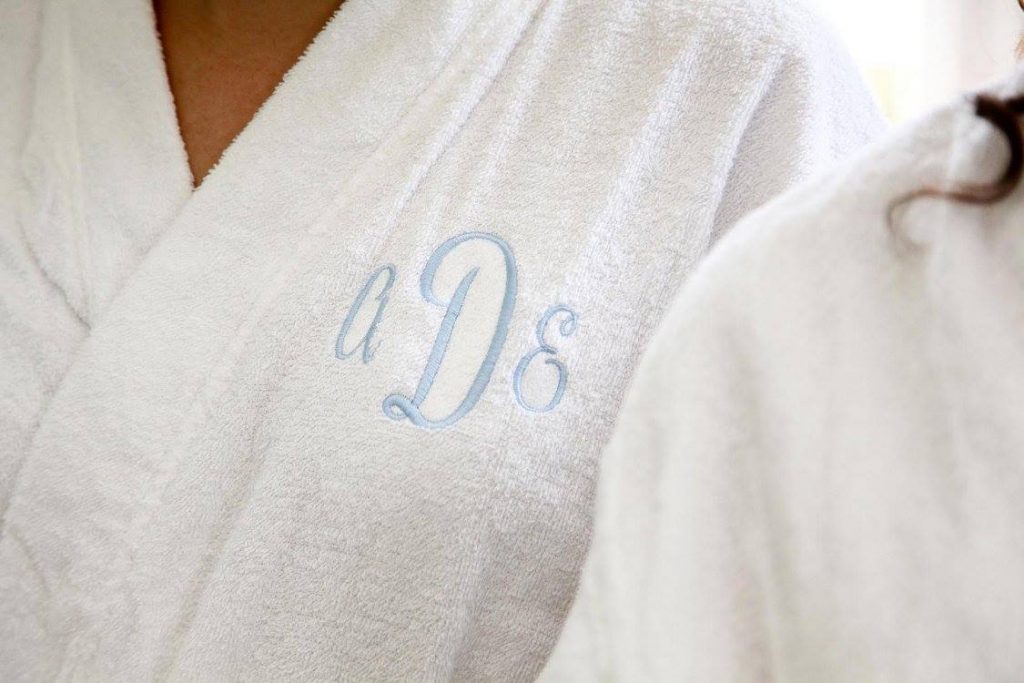
2 comments